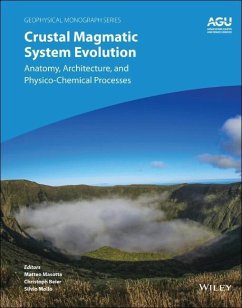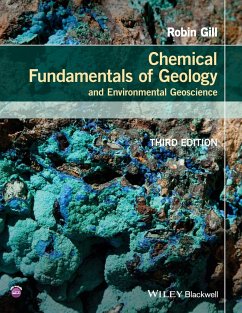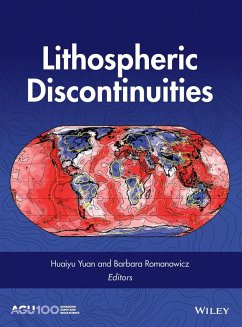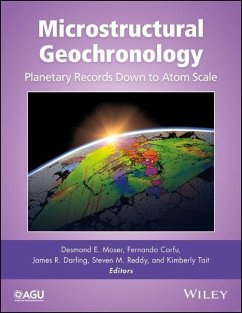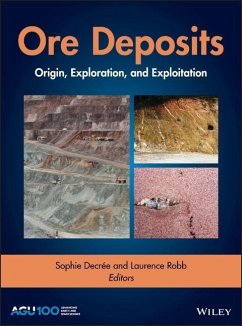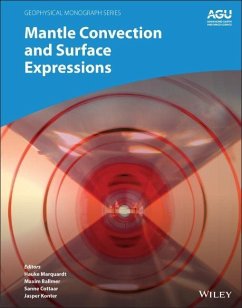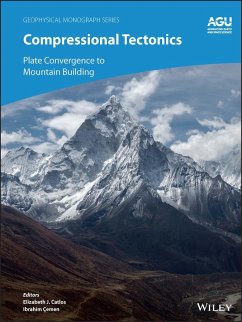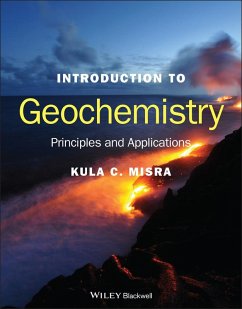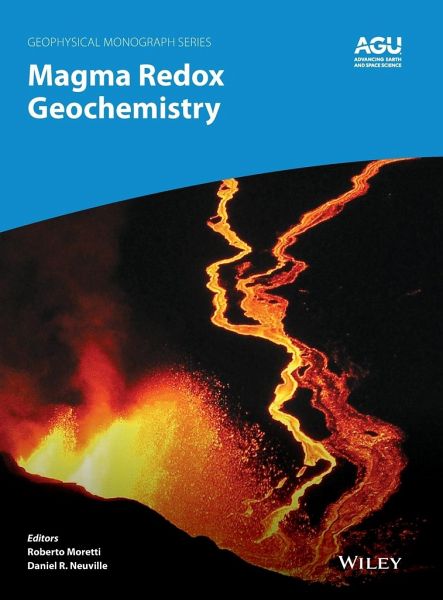
Magma Redox Geochemistry
Versandkostenfrei!
Versandfertig in über 4 Wochen
195,99 €
inkl. MwSt.
Weitere Ausgaben:

PAYBACK Punkte
98 °P sammeln!
Explores the many facets of redox exchanges that drive magma's behavior and evolution, from the origin of the Earth until todayThe redox state is one of the master variables behind the Earth's forming processes, which at depth concern magma as the major transport agent. Understanding redox exchanges in magmas is pivotal for reconstructing the history and compositional make-up of our planet, for exploring its mineral resources, and for monitoring and forecasting volcanic activity.Magma Redox Geochemistry describes the multiple facets of redox reactions in the magmatic realm and presents experim...
Explores the many facets of redox exchanges that drive magma's behavior and evolution, from the origin of the Earth until today
The redox state is one of the master variables behind the Earth's forming processes, which at depth concern magma as the major transport agent. Understanding redox exchanges in magmas is pivotal for reconstructing the history and compositional make-up of our planet, for exploring its mineral resources, and for monitoring and forecasting volcanic activity.
Magma Redox Geochemistry describes the multiple facets of redox reactions in the magmatic realm and presents experimental results, theoretical approaches, and unconventional and novel techniques.
Volume highlights include:
_ Redox state and oxygen fugacity: so close, so far
_ Redox processes from Earth's accretion to global geodynamics
_ Redox evolution from the magma source to volcanic emissions
_ Redox characterization of elements and their isotopes
The American Geophysical Union promotes discovery in Earth and space science for the benefit of humanity. Its publications disseminate scientific knowledge and provide resources for researchers, students, and professionals.
The redox state is one of the master variables behind the Earth's forming processes, which at depth concern magma as the major transport agent. Understanding redox exchanges in magmas is pivotal for reconstructing the history and compositional make-up of our planet, for exploring its mineral resources, and for monitoring and forecasting volcanic activity.
Magma Redox Geochemistry describes the multiple facets of redox reactions in the magmatic realm and presents experimental results, theoretical approaches, and unconventional and novel techniques.
Volume highlights include:
_ Redox state and oxygen fugacity: so close, so far
_ Redox processes from Earth's accretion to global geodynamics
_ Redox evolution from the magma source to volcanic emissions
_ Redox characterization of elements and their isotopes
The American Geophysical Union promotes discovery in Earth and space science for the benefit of humanity. Its publications disseminate scientific knowledge and provide resources for researchers, students, and professionals.




